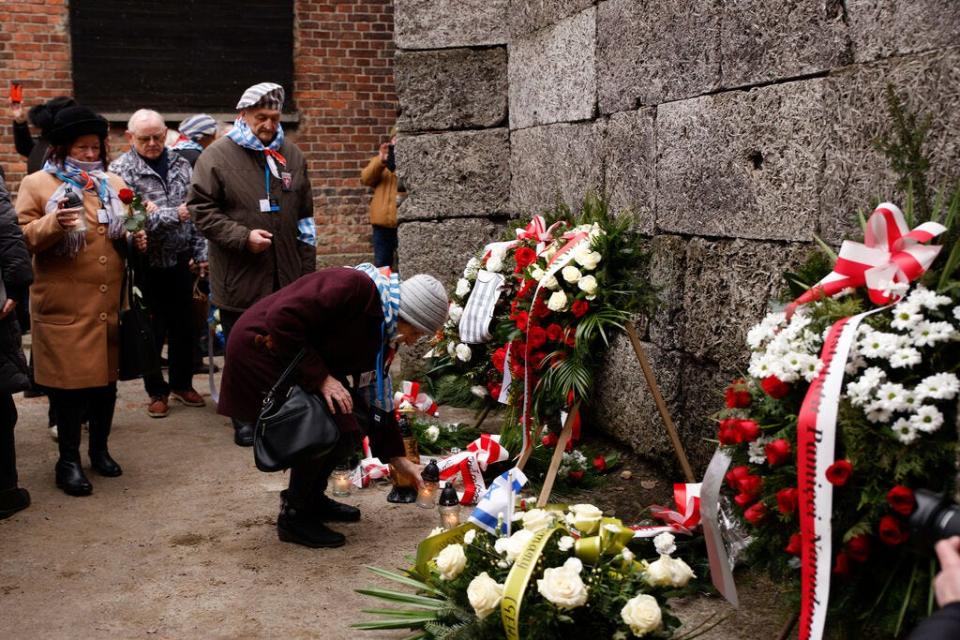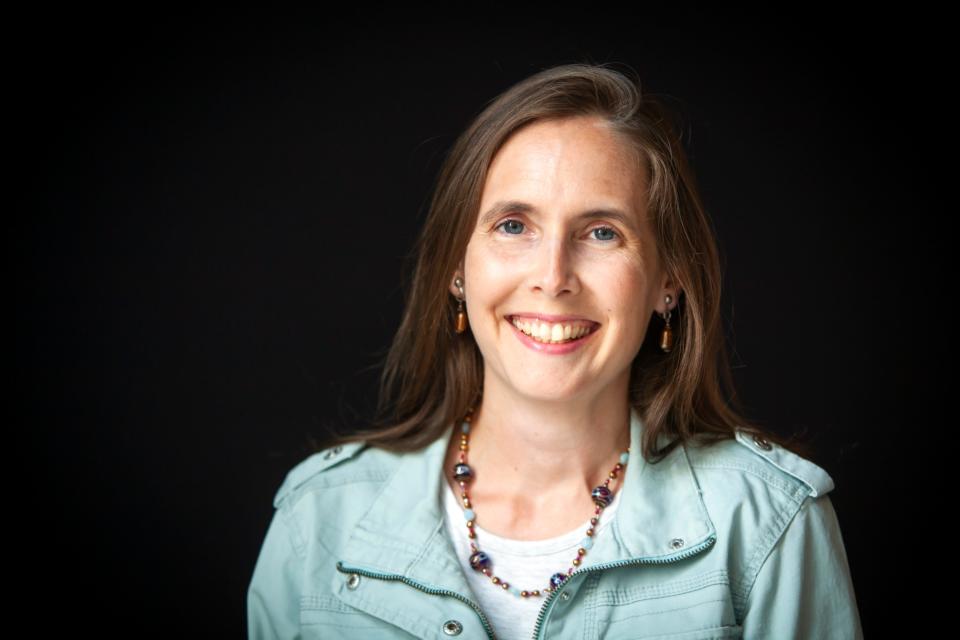Educators must equip students to confront rising tide of antisemitism | Opinion
Early in my teaching career, I encountered my first Holocaust denier while teaching Elie Wiesel’s memoir "Night" in one of Nashville’s most diverse schools. I was completely unprepared for an 11th-grade student to raise his hand, hold up the harrowing book and say, “This story. I find this story difficult to believe because I’ve always been taught the Holocaust didn’t happen.”
Rather than ostracize the student or even correct his errant views, I began by calling him into a “circle of safety” — a class contract to value everyone’s humanity and to discuss ideas rather than individuals’ character. It may sound odd to create a safe space for a student who denies the Holocaust, but I had to set the example for the students that we can respect people and acknowledge someone’s humanity even when challenging them to think critically about what they believe to be true.

We listened to him, we showed him grace, we paused, we discussed. I asked other students if anyone had ever changed their views on a dearly held idea. Indeed, as 16- and 17-year-olds exploring their independence and evaluating their inherited life dogmas, many had embraced new views as an outgrowth of relationships with diverse people. They could empathize with the thoughtful effort involved in making such changes.
Today, we need that safety more than ever to equip students to confront the rising tide of racism, xenophobia and antisemitism in this country. Diving deeply into the past means embracing the motto of Facing History and Ourselves, a global organization that helps educators prepare students to participate in civic life: “People make choices and choices make history.”
Hear more Tennessee voices:Get the weekly opinion newsletter for insightful and thought-provoking columns.
As the Holocaust recedes from memory to history, our opportunities to hear from survivors grows fewer with the passing of time. The chances to hear their histories first-hand are growing fewer, while the same tropes used by the Nazis to dehumanize Jews and others are once again entering our mainstream.
Classic antisemitic beliefs that made Nazi propaganda appealing to Hitler’s followers are held by many Americans, according to a survey published in January 2023 by the Anti-Defamation League.

The active and vitriolic antisemitism on social media, including from public figures, creates the perfect storm for Holocaust denial and casting doubt on the accounts of survivors. Their stories should not have to compete with lies posing as facts. With social media making bigotry widely and instantaneously available, we must ensure that their voices are preserved.
As antisemitism and Holocaust denial are entering the mainstream at alarming rates, educators must confront a new challenge: What do we do when the truth is in question?
Educators grappling with the proliferation of harmful misinformation must empower students to examine their own choices in the face of injustice.
We need an unvarnished examination of the historical periods where rising hatred culminated in catastrophe while people of good conscience chose inaction. Examining personal stories and individual choices can transform the typically abstract and distant study of history into an avenue for reflective dialogue and passionate action.
Truth is on the table. As teachers we cannot give students all the answers. But we can cultivate informed citizens by equipping them to grapple with complex and often uncomfortable issues. By facing history and ourselves, we empower students to make choices that will create a better future for us all.
Bridget Riley, a former career English teacher in Nashville and Memphis, uses the lessons of history to challenge teachers and students to stand up to bigotry and hatred in her work as a New Communities Fellow for Facing History and Ourselves.
This article originally appeared on Knoxville News Sentinel: Opinion: Equip students to confront rising tide of antisemitism

